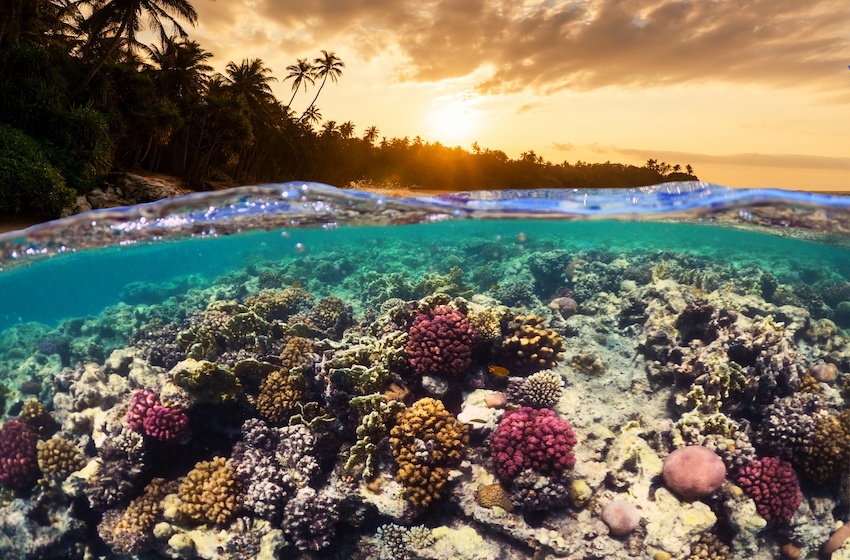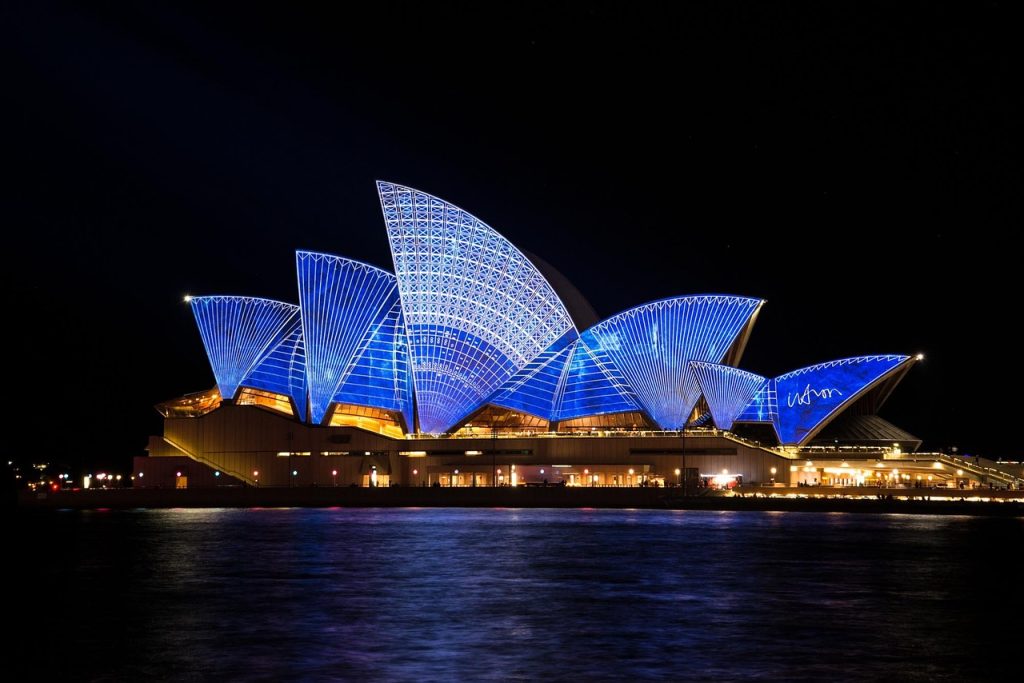Deep Sea Mining: A Global Debate over Environmental Safeguards

Delegates representing the UN-affiliated organization responsible for regulating seabed mining convened behind closed doors on Wednesday to address a critical dilemma that could significantly impact the fate of the deep ocean.
On July 9, the International Seabed Authority missed a deadline to enact regulations allowing the mining of deep sea ecosystems for valuable metals used in electric car batteries. As a result, the Authority is now obligated to accept license applications from mining companies. However, the Council, comprising the Authority’s 36-member policymaking body, faces the challenge of determining how to proceed with these submissions in the absence of adequate environmental safeguards. These ongoing discussions have been taking place at the ISA’s headquarters in Kingston, Jamaica, over the past two weeks.
While the delegates negotiate privately, observers from environmental groups have gathered outside the Council chambers at the Jamaica Conference Center, resembling a tropical UN setting. Among them, Louisa Casson, a Greenpeace campaigner, expresses concerns that reaching a compromise may commit the ISA to reviewing mining license applications within a specified timeframe, even without the required regulations in place. As of Wednesday night, no agreement had been announced.
The International Seabed Authority holds extraordinary powers to shape the future of the deep ocean, known as the world’s last untouched wilderness. Encouraged by Nauru, a small Pacific island nation, and an investor-backed seabed mining venture, the ISA is currently engaged in negotiations to establish regulations that could permit mining activities.
The 1982 UN Convention on the Law of Sea established the Authority with the dual mandate of promoting seabed exploitation in international waters for the benefit of humankind while ensuring effective marine environment protection. Additionally, the treaty directed the Authority to create the Enterprise, a for-profit corporation responsible for seabed mining, sharing revenues, and technology with developing nations. In essence, the Authority regulates its own company.
Historically, the ISA operated discreetly, working on industry rules that appeared to be far off in the future. However, amidst the backdrop of extreme climate-driven heat waves affecting the planet, the final details of the regulations are currently being fine-tuned and could be implemented as early as next year. The increased scrutiny and controversy surrounding deep-sea mining have transformed the once clubby atmosphere of the Authority’s annual meetings, which now involve more vocal and passionate discussions.
Numerous member nations of the Authority, totaling 168 (including the European Union), have called for a moratorium or pause on deep-sea mining due to insufficient scientific knowledge about the ecosystems targeted for exploitation. Although the ISA has granted 31 licenses to mining contractors for seabed mineral exploration, none have been permitted to begin mining operations. Environmental activists are also exerting pressure on corporations to refrain from using or financing seabed minerals to avoid contributing to potential harm to unique seabed-dwelling creatures like the “Casper” ghost octopus.
Each year, Kingston becomes a diplomatic hub as hundreds of member state delegates, NGO observers, and mining contractors descend upon the capital for the Authority’s sessions. Escalating controversy, however, has disrupted the once amiable atmosphere of the meetings, which used to resemble a family reunion. Matthew Gianni, co-founder of the Deep Sea Conservation Coalition, recalls past retreats where participants from the ISA mingled, fostering a more relaxed atmosphere.
The Authority’s activities have increasingly drawn global attention since 2021 when Nauru triggered a rule necessitating the enactment of mining regulations within two years. This brought into focus the Authority’s relationship with the mining contractors it oversees. Nauru is the ISA state sponsor of The Metals Company, a Canadian-registered firm, and invoked the two-year provision shortly after executives announced their plans to begin mining in 2024. Subsequently, the countdown commenced to finalize the complex set of regulations that have been in development for over five years.
As the Council session reaches its final days, tensions are likely to rise as delegates strive to address mining applications and reach agreements on various regulatory aspects, including royalties on mining revenues and their distribution among member states, as well as environmental inspection and compliance procedures.
The ISA Assembly, comprising all member states, convenes the following week and serves as the final decision-making authority for the Authority. Despite the Council’s usual approval, opponents of deep-sea mining plan to bring their concerns before the Assembly’s 169 members. Proposals submitted by Chile, France, Palau, and Vanuatu aim to prevent the approval of any mining licenses until comprehensive regulations are in place.




